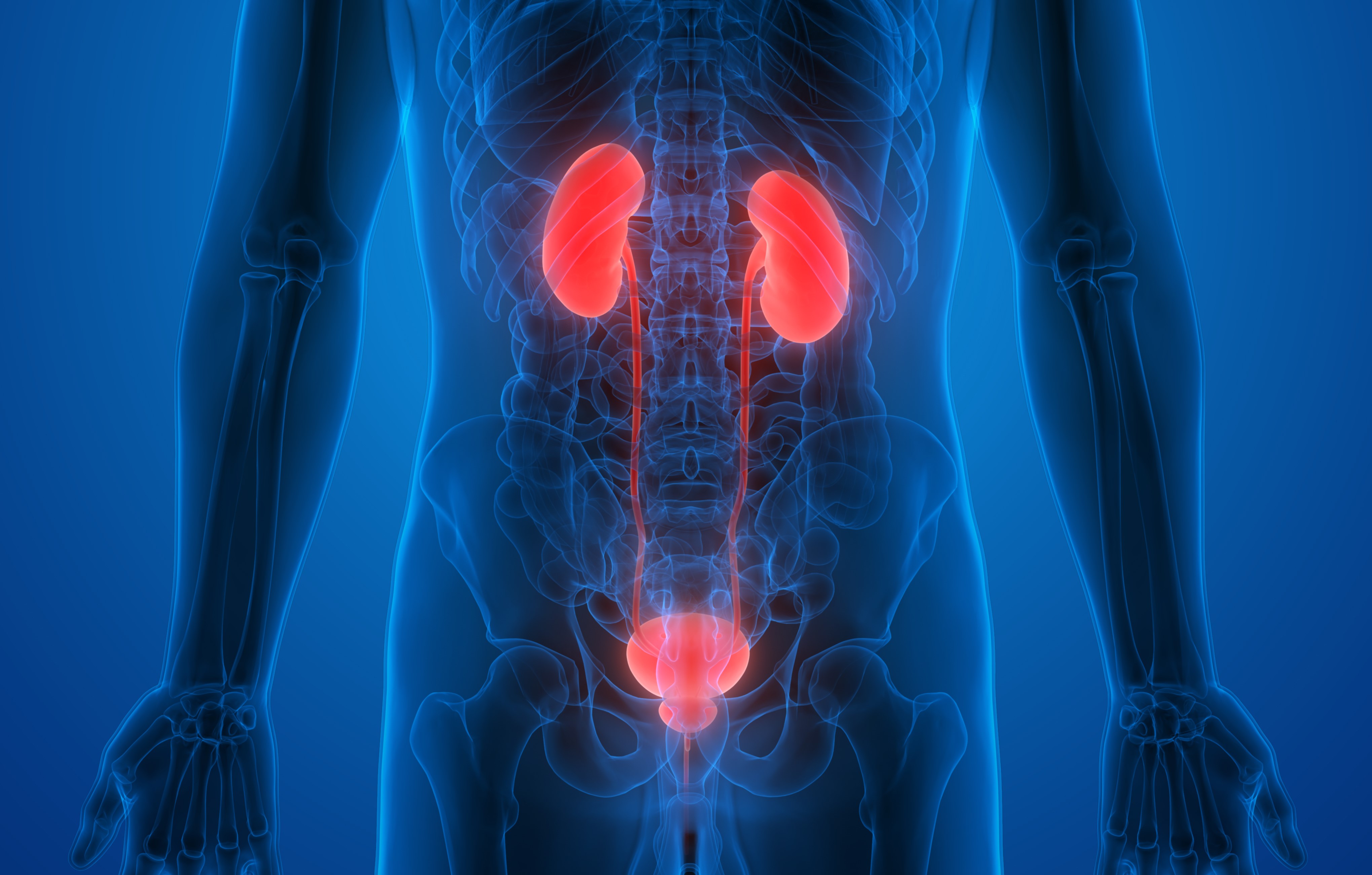What is a Urinary Tract Infection (UTI)?
A urinary tract infection (UTI) can affect any part of the urinary system and is caused by bacteria. Most commonly, the infection involves the lower urinary tract, which is the bladder and the urethra. Almost 90% of UTIs are caused by the bacteria 'Escherichia coli (E-Coli)' and this bacterium is often present in our gut without causing any harm. Women are at greater risk of developing a UTI than men, for several reasons. Infections limited to the lower urinary tract can be very painful and troubling, but normally go away on their own after a few days. If not, treatment with antibiotics might be required. However, if the UTI is not defeated and bacteria spreads to the kidneys, the consequence may be serious. In all cases a UTI can be very troublesome – but there are steps to take to reduce the risks of getting a UTI.
Read MoreTopics: Bladder management, Bladder dysfunction, UTI, Urinary Tract Infection
Few women are alarmed by a tiny urine leak as they lift heavy items, cough, or jog. A protective daily pad and most of us brush it off. But when urine leakage gets more serious and grows out of control, it becomes a major concern that limits us and dictates our lives. This is exactly what happened to Anne. A 44-year-old mother of one son, from northwestern Germany, who was diagnosed with multiple sclerosis (MS), back in 2005.
Read MoreTopics: Bladder dysfunction, Intermittent Catheterization, MS
A spinal cord injury coupled with an early childhood polio infection complicated her bladder control. Intermittent catheterization has long been part of her life.
Read Selma's story in her own words.
Read MoreTopics: Bladder dysfunction, Intermittent Catheterization
"It was the angle, not the height”, says Arne, describing how he fell from a tree. As an active young man of 22, a game of football in the park with his friends had seen the ball get lodged in a branch, and Arne climbing to retrieve it. The resulting fall left Arne with a spinal cord injury, unable to walk or control his bladder.
Read MoreTopics: Neurogenic bladder, Spinal Cord Injury (SCI), Men's Health, Bladder dysfunction, Intermittent Catheterization
When you're new to catheterization, it makes sense to know what makes one catheter more right for you than another. For most people, starting with Intermittent Catheterization (IC) involves an initial adjustment of the daily routines to the new treatment. Michael Kerr, Paralympian and Wellspect Ambassador uses Intermittent Catheterization, and we asked him about the choices he has made in selecting the best catheter for him.
Read MoreTopics: Bladder dysfunction, Intermittent Catheterization, UTI, quality of life, Incontinence








